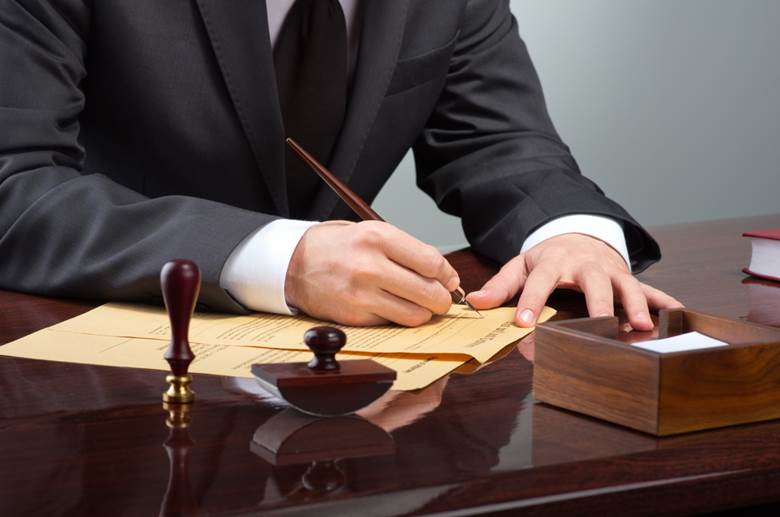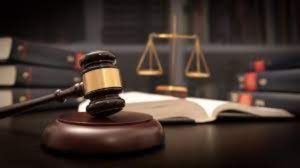
Expert witness testimony plays a crucial role in various legal proceedings. Technology experts often work as expert witnesses and are responsible for providing testimony that can aid judges and juries in understanding complex scientific, technical, or engineering matters. Expert testimony can establish or refute scientific facts and data the court requires to decide a case.
However, criminal defense and personal injury attorneys know communicating technical ideas to a non-technical audience can be challenging. In this blog post, we’ll share some essential tips technology experts can use to communicate their evidence to judges and juries successfully.
1. Know Your Audience
Before giving testimony, it’s essential to know your target audience. It would be best if you understood that the judge and the jury most likely have little to no knowledge or expertise in your field.
Hence, your approach should explain things in the simplest way possible. Use clear and concise language and avoid technical jargon at all costs.
Take the time to explain technical terms, acronyms, and concepts crucial to your testimony. You can also use visuals such as diagrams and photographs that help illustrate your point and make it simpler for the audience to understand.
2. Practice Your Testimony
Although you are an expert in your field, practicing your testimony will help you communicate with more clarity, coherence, and focus. Practice your testimony with a colleague or someone unfamiliar with your field to understand how a non-technical person would interpret your words.
Focus on explaining your evidence clearly and be prepared to answer follow-up questions. Practicing will improve your confidence and ensure you deliver your message effectively.
Some tips to help practice effectively include:
- Record yourself and then listen to your testimony. This will provide insight into how your words and body language come across to the audience.
- Visualize the courtroom and audience, and practice delivering your testimony as if it was a real legal setting.
- Review/practice technical terms and concepts related to your evidence so you can explain them in simple language.
- Use mock trials or play court scenes with a friend or colleague.
- Ask questions likely to come up during your testimony and practice answering them.
3. Use Analogies
One effective technique to help non-technical audiences understand complex scientific or technical concepts is analogies. Analogies help people understand abstract information when compared to something familiar.
Analogies can be valuable in helping judges and juries understand complex information.
An example of an analogy for a technology expert to use when discussing data breaches is comparing them to a burglary or a home invasion, an analogy that non-technical audiences can understand.
4. Be Honest and Objective
As an expert witness, it’s crucial to remain honest and objective when communicating your evidence. Your testimony should be based on facts and data, and you should avoid presenting your opinions. When reviewing your case, focus on the facts and research to form your opinions.
Ensure you remain truthful and unbiased, whether your testimony helps or hurts the case. Maintaining a professional demeanor and avoiding unnecessary argumentation or confrontation is also crucial.
5. Be Prepared for Cross-Examination
Cross-examination is a crucial phase of the trial that is inevitable in most cases. The opposing party will likely have a different interpretation or view of the evidence presented. Arguments are common during cross-examination, but you must remain calm and objective when presenting your evidence.
When questioned, ensure you respond with confidence and accuracy and remain impartial and objective. Sticking to your previous testimony and not feeling pressured to change your answers is essential.
Conclusion:
In summary, as an Expert Witness, it’s essential to understand your target audience, practice your testimony, communicate clearly, and remain honest and objective. Effective communication is essential to avoid confusing the jurors and presenting a solid and convincing case.
By following these tips, technology experts can present complex information in a way that non-technical people can understand, and increase the chances of providing conclusive evidence. Ultimately, good communication can determine the outcome of your case as an expert witness.







